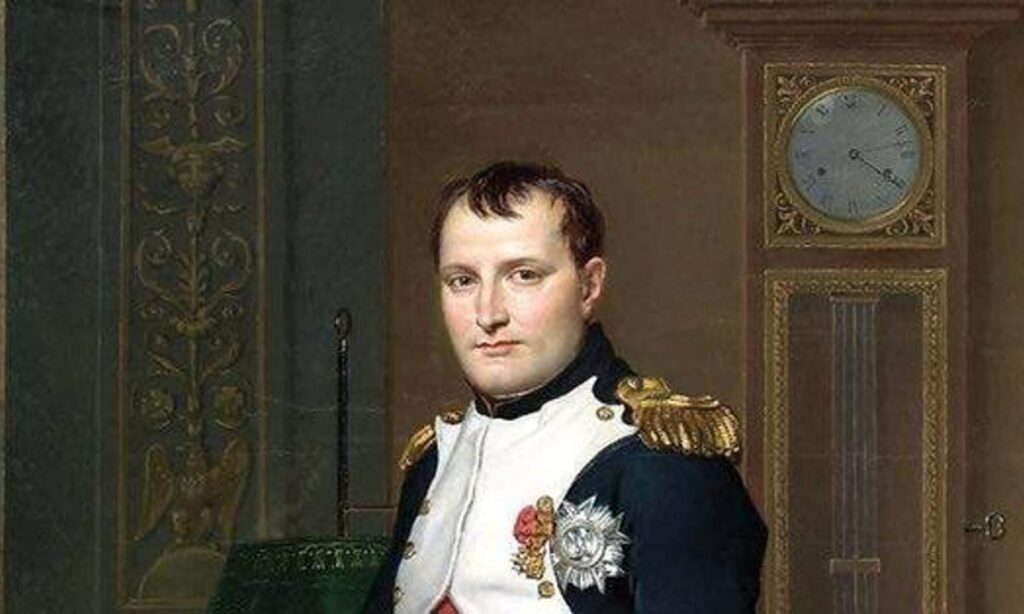
Napoleon Bonaparte was a French military leader and emperor who rose to fame during the French Revolution and led France in a series of military campaigns known as the Napoleonic Wars. Born on August 15, 1769, in Ajaccio, Corsica, Napoleon became one of history’s most famous and controversial figures.
| Full Name: | Napoleon Bonaparte |
| Born: | August 15, 1769 |
| Birthplace: | Ajaccio, Corsica, France |
| Died: | May 5, 1821 (aged 51) |
| Place of Death: | Longwood House, Saint Helena (a remote island in the South Atlantic Ocean) |
Early Life and Rise to Power
From a tiny Corsican island, Napoleon trained and read at mainland France to become an artillery commander. His military skill gained him notoriety well into his mid–20s; the best part of that reputation was formed in the latter years of 1793 from the Siege of Toulon. His strategy proved him fit to climb through military ranks and ascend to coup leader and proclaimed Emperor of France in 1804 by deposing the government of France in 1799.
Napoleon’s Military Achievements
Napoleon’s most popular military campaigns and victories across Europe made him most famous. Among his most significant achievements include:
- The first major victory that Napoleon achieved was during the Italian Campaign (1796–1797) where he defeated the Austrian army and took northern Italy.
- Napoleon’s image as a military genius was cemented in the Battle of Austerlitz (1805), where he decisively defeated the Austrian and Russian troops.
- The Russian Campaign (1812) was a catastrophic invasion of Russia that nearly destroyed Napoleon’s army.
- Napoleon’s final defeat at Waterloo (1815) led to his exile on the island of Saint Helena.
Napoleon’s Legacy and Reforms
Napoleon made several significant changes that had a long-lasting effect on Europe:
- One legal framework that impacted civil law regimes worldwide was the Napoleonic Code.
- The creation of public schools and universities to support merit-based education is an example of educational reform.
- Infrastructure Development: Napoleon made improvements to France’s public services, roads, and bridges.
- Napoleon’s impact as a leader who influenced contemporary Europe cannot be denied, even in light of his subsequent military setbacks.
Napoleon’s Family and Son
Napoleon had two wives. His first wife, Josephine, could not give him an heir, and they divorced in 1810. His only legitimate son, Napoleon II, was born in 1811 from his marriage to Marie Louise of Austria. Although he was recognized as the successor, Napoleon II never exercised power and spent most of his life in prison in Austria before dying at the age of 21.
Death and Exile
After his final defeat at the Battle of Waterloo in 1815, Napoleon was exiled to the remote island of Saint Helena. There, he spent his final years writing his memoirs. Napoleon died on May 5, 1821, when he was 51 years old, most likely from stomach cancer. His remains were later returned to France, where they were buried in Les Invalides in Paris.
Napoleon’s Net Worth
Napoleon’s fortunes were attached to his empire, even if he controlled enormous territories and reaped riches. He survived off a meager income from the British government in poor quarters on Saint Helena following his exile. Even though net worth estimates for him are hypothetical, much of his money must have been connected to his empire, which had crumbled once he was out of power.
| Net Worth | $24.3 billion |

